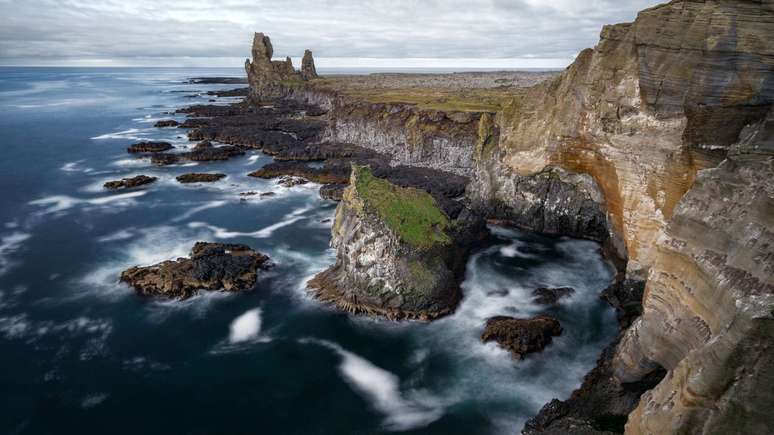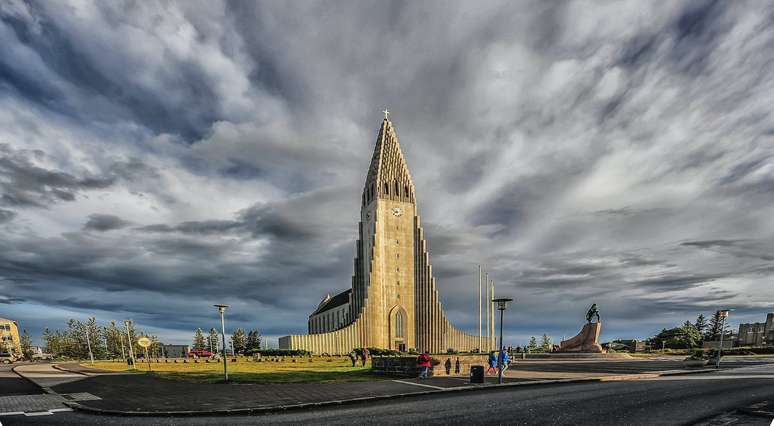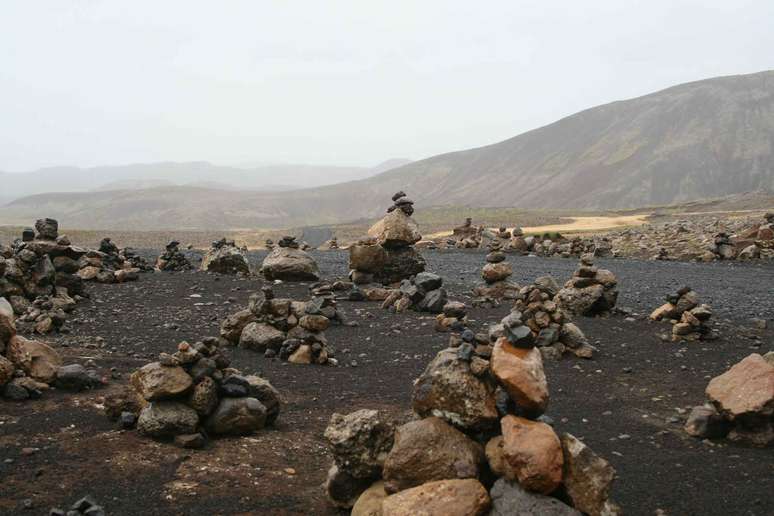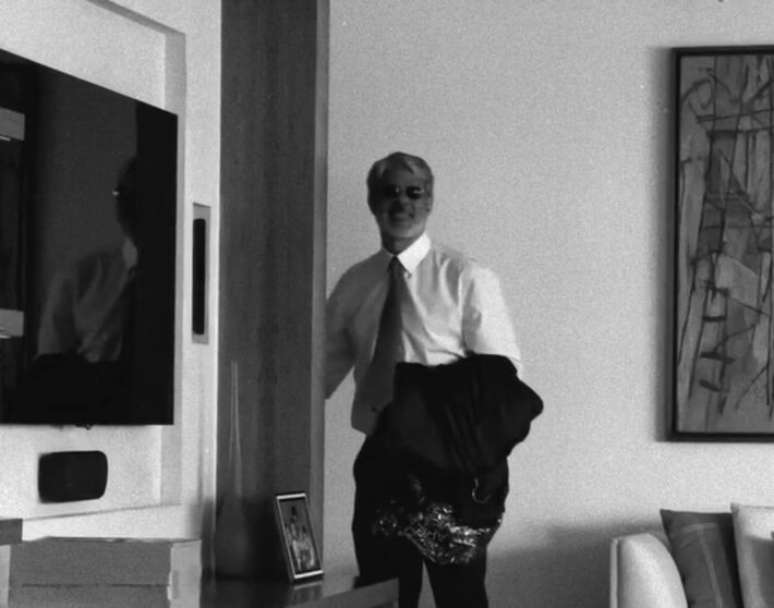Even the roads are diverted so as not to disturb them […]
In the world’s far north, this piece of land emerged from volcanic eruptions on the sea floor and lava that created uninhabited lands in Europe’s westernmost country.
The second largest island in Europe, Iceland has seen its economy emerge from a deep crisis more than ten years ago to become one of the most sought-after tourist destinations. But Icelanders no longer want anything to do with it (and tourists even less). What they really care about are… elves.
In a country where, it is said, there are more elves than humans, it is not surprising that even road works are diverted so as not to disturb the elves, who are everywhere, especially in Icelandic folklore (and on the roads).
In 2013, construction of a highway between the Alftanes peninsula and the Reykjavik suburb of Gardabaer was halted by protests from activists Lava friends (“Amigos da Lava”, in Portuguese), who claimed that the works would disturb the arriving church of the elves.
Whatever your itinerary, the recommendation is not to throw even a stone. You never know if there is one huldufolk nearby, as the “hidden people” are called in the folklore of Iceland and the Faroe Islands, a Danish territory, between Iceland and Scotland.
More than a sign used on trails, these stone piles in Iceland are extremely respected and should never be removed or altered, as this is believed to be the home of the elves, who live in the rocks.
One of the destinations to better understand (or not) this history is the Snæfellsjökull National Park, on the southern coast of the Snæfellsnes peninsula, in the western sector of the island.
It is there that Lóndrangar is located, two pinnacles of basaltic rocks, between 61 and 75 meters high, which emerge from the sea, perhaps ancient remains of a crater that would have suffered erosion over the years.
But this surreal scenario, 2 and a half hours from the capital Reykjavík, is not only home to sea birds, such as the puffin. They say that the “rock castle” is the residence of the elves.

There is such a belief that not even farmers cultivate the surrounding fields so as not to disturb those mythological beings. It is therefore impossible to make hay on that hill, because the farmers themselves believe that it belongs to the elves who live in the region.
Another cool thing about Iceland is that they say if you’re not a writer, you will be one anyway.
The literary boom on the island, which is said to have the largest number of writers per capita in the world, has earned Reykjavík the title of City of Literature by UNESCO, the first to be awarded to a country that does not have the English as a native language. native language.
And there’s a plot!

At the Culture House (culturehouse.is), for example, it is possible to see original manuscripts of medieval literature, such as the Edda, a collection of verse and prose, considered one of the classics of Norse mythology.
The same nation that believes in supernatural beings is also one of the five happiest nations in the world, according to the World Happiness report, and one of those that most respects equality between men and women, according to the Global Gender Gap Report. , followed by Norway, Sweden and Finland.
Not bad for a country that, until the 1990s, lived isolated from the rest of the world and without prospects.
As for the road construction hoax interrupted by activists, including those involving the Supreme Court, the alleged church of the elves, a 70-ton mass, was removed with a crane and relocated near other “dwellings of the elves”.
And is that crazy person Björk?
Source: Terra
Ben Stock is a lifestyle journalist and author at Gossipify. He writes about topics such as health, wellness, travel, food and home decor. He provides practical advice and inspiration to improve well-being, keeps readers up to date with latest lifestyle news and trends, known for his engaging writing style, in-depth analysis and unique perspectives.









